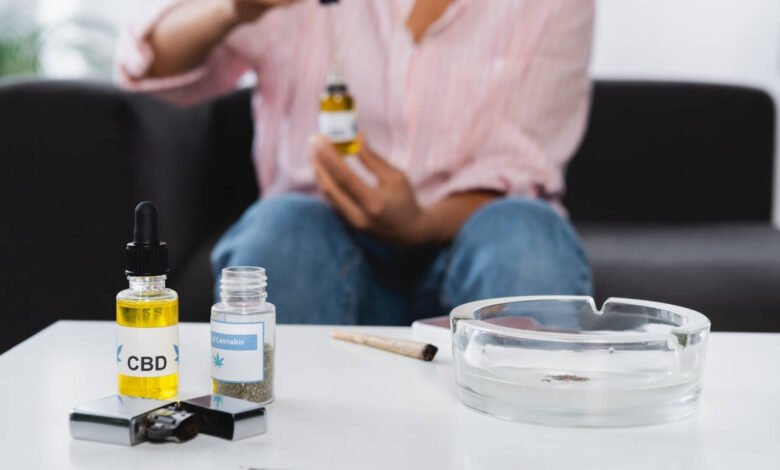Can CBD Help Treat Depression and Anxiety?

As interest in medical marijuana and CBD continues to grow, more scientific research has been conducted to determine what cannabis can and cannot do for patients suffering from a variety of ailments. Two areas of emphasis have been depression and anxiety treatment.
It’s research that people pay attention to due to the global reach of these concerns. According to the World Health Organization, around 264 million individuals suffer from clinical depression. In the United States alone, almost 40 million adults over the age of 18 report experiencing anxiety.
Related: What Is the Most Effective Way to Take CBD?
As reports about the use of marijuana to treat these conditions have circulated, more individuals are interested in medical marijuana than ever before. According to a 2017 survey, 81% of Americans believe cannabis provides at least one medical advantage. 47 percent of those surveyed identified relief from worry, stress, and sadness as one of the most often cited benefits.
Another study from Syracuse University discovered that the most often cited reasons for using medicinal marijuana were pain treatment (64%), anxiety (50%), and depression (34%).
Cannabis research for depression treatment is in its infancy.
Due to a dearth of research in this field, just a few studies have examined the effect of cannabis on depression and anxiety. Several of these have garnered considerable notice.
Among these is a 2014 evaluation of Brazilian studies that discovered CBD had an antidepressant effect when used on animals. Another study, published in 2015 by the University of Buffalo, discovered that THC may be able to restore normal endocannabinoid function in those suffering from depression, thereby alleviating some of the condition’s most severe symptoms.
Cannabis “substantially reduced” depression, anxiety, and stress among test subjects, according to a 2018 study published in the Journal of Affective Disorders. Additionally, researchers observed that cannabis with a low THC/high CBD content had the best outcomes. However, the gains were just temporary. The study concluded that there is no long-term benefit.
Related: 6 Things You Should Know Before Buying CBD Oil
Using CBD and low-dose THC to treat anxiety.
The facts on anxiety is somewhat more straightforward, however additional research is necessary. Sarah Peace, a certified psychotherapist in Olympia, Washington, told Healthline that she has patients who have had success treating anxiety with cannabis and CBD. According to her, the most frequently stated advantages by patients are a sense of peace, increased relaxation, and greater sleep.
Peace stated that she had observed positive results with patients seeking relief from agoraphobia, social anxiety, post-traumatic stress disorder (PTSD), panic disorder, phobias, and anxiety-related sleep disturbances.
Researchers at the University of Illinois at Chicago and the University of Chicago investigated the effect of THC on pre-public speaking anxiety. They discovered that while low-dose THC decreased anxiety, it boosted THC levels – enough to feel the elevated anxiety in some circumstances.
Related: 10 Nonpsychoactive CBD Oils to Try in Winter Holidays
Concerning CBD and anxiety, a study published in Neurotherapeutics discovered that CBD significantly reduced anxiety behaviors in patients with post-traumatic stress disorder, generalized anxiety disorder, panic disorder, obsessive-compulsive disorder, and social anxiety disorder.
With recent changes in the law allowing more farmers in the United States to supply marijuana for research purposes, the use of cannabis to treat depression and anxiety is set to become a major area of attention.








4 Comments